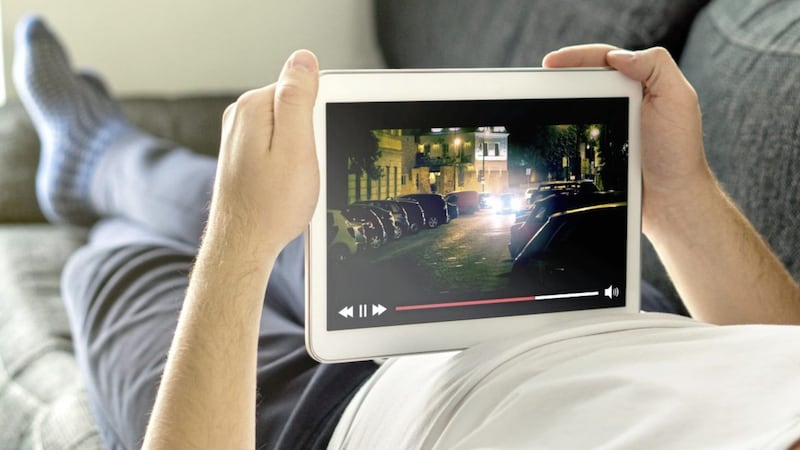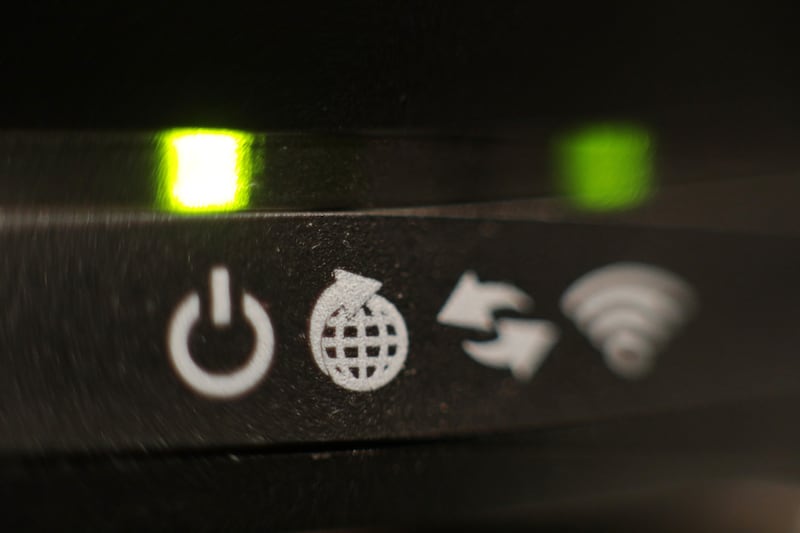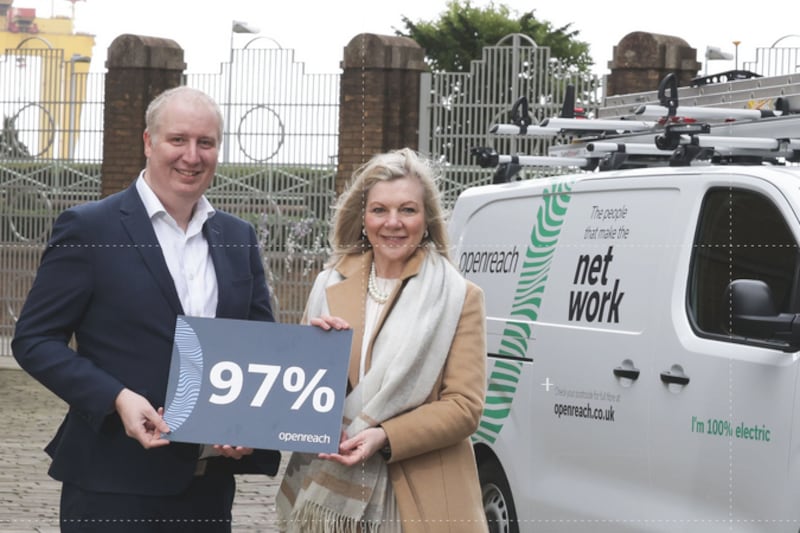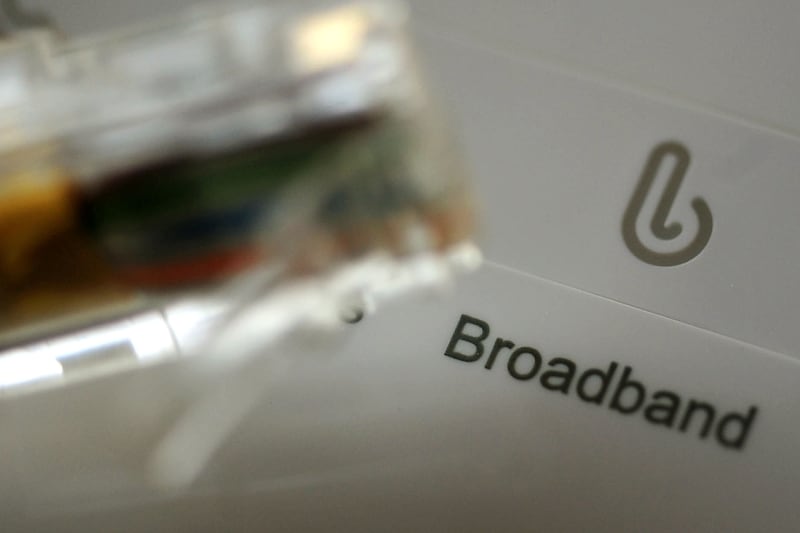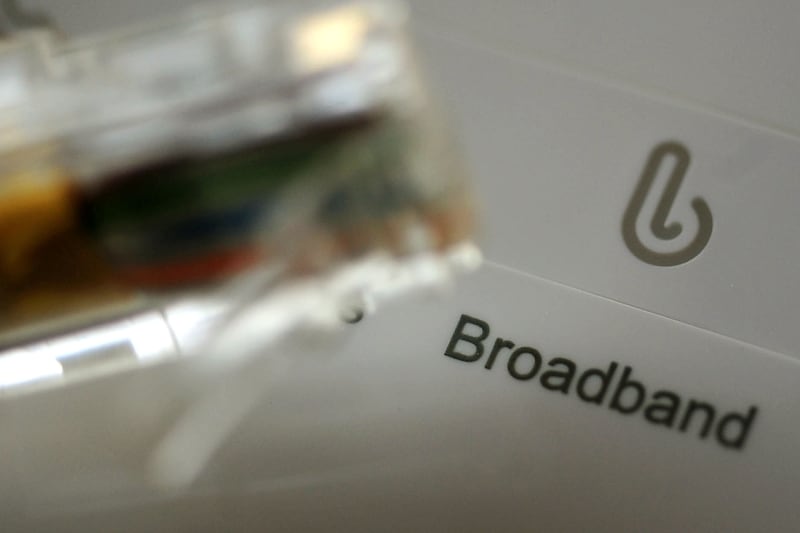ONE-in-four rural areas in the north are still unable to access 4G coverage from all four of the main operators, a new report from Ofcom has said.
Superfast broadband, which offers download speeds of at least 30 Mbit/s (megabytes per second), is available in just 66 per cent of rural areas.
The figures feature in the latest Connected Nations report, produced by the regulator.
While many rural areas are still suffering from poor connectivity, the Ofcom report reveals steady progress over the past year, with the average download speed rising from 43 Mbit/s in 2018 to 55Mbit/s this year. It’s down to the increasing roll-out of faster broadband around the north.
Ofcom also confirmed that we are consuming much more data, with the average connection using 322 GB in 2019 (up from 240 GB), the – the equivalent of watching up to four hours of high definition video content a day.
It reflects the growing popularity of streaming services such as Netflix and Amazon Prime.
One-in-three (232,000) homes here can now access full fibre broadband (up to one Gbit/s), up from 12 per cent last year. Northern Ireland now has the highest full fibre coverage of any UK region.
Half of all homes here (49 per cent) can now get ultrafast broadband (300 Mbit/s) , up from 38 per cent in 2018.
Some 89 per cent of household can now access superfast broadband, but availability drops to 66 per cent for rural areas.
Ofcom said more work is needed to improve services in rural areas.
The regulator said that Project Stratum, the £165m Department for Economy (DfE) project, that is targeting extending superfast broadband to 97,000 premises. The project is largely backed by £150m obtained by the DUP from its confidence and supply agreement with the previous Conservative Government.
DfE expects to award the contract for the roll-out of the scheme in mid-2020.
Meanwhile Ofcom has said 75 per cent of the north’s land area is now covered by good 4G reception from all four networks. But that rises to 90 per cent in urban areas.
Some 97 per cent of the north is now able to obtain a 4G connection from at least one operator.
Director at Ofcom Northern Ireland, Jonathan Rose, said: “This year we’ve seen full fibre broadband grow at its fastest ever rate, and the first 5G services launched in Northern Ireland.
“But despite this good progress, there is more to do to bring all parts of the country up to speed– particularly rural areas. So we’re working with industry and the Government to help bring better services to people who need them.”
